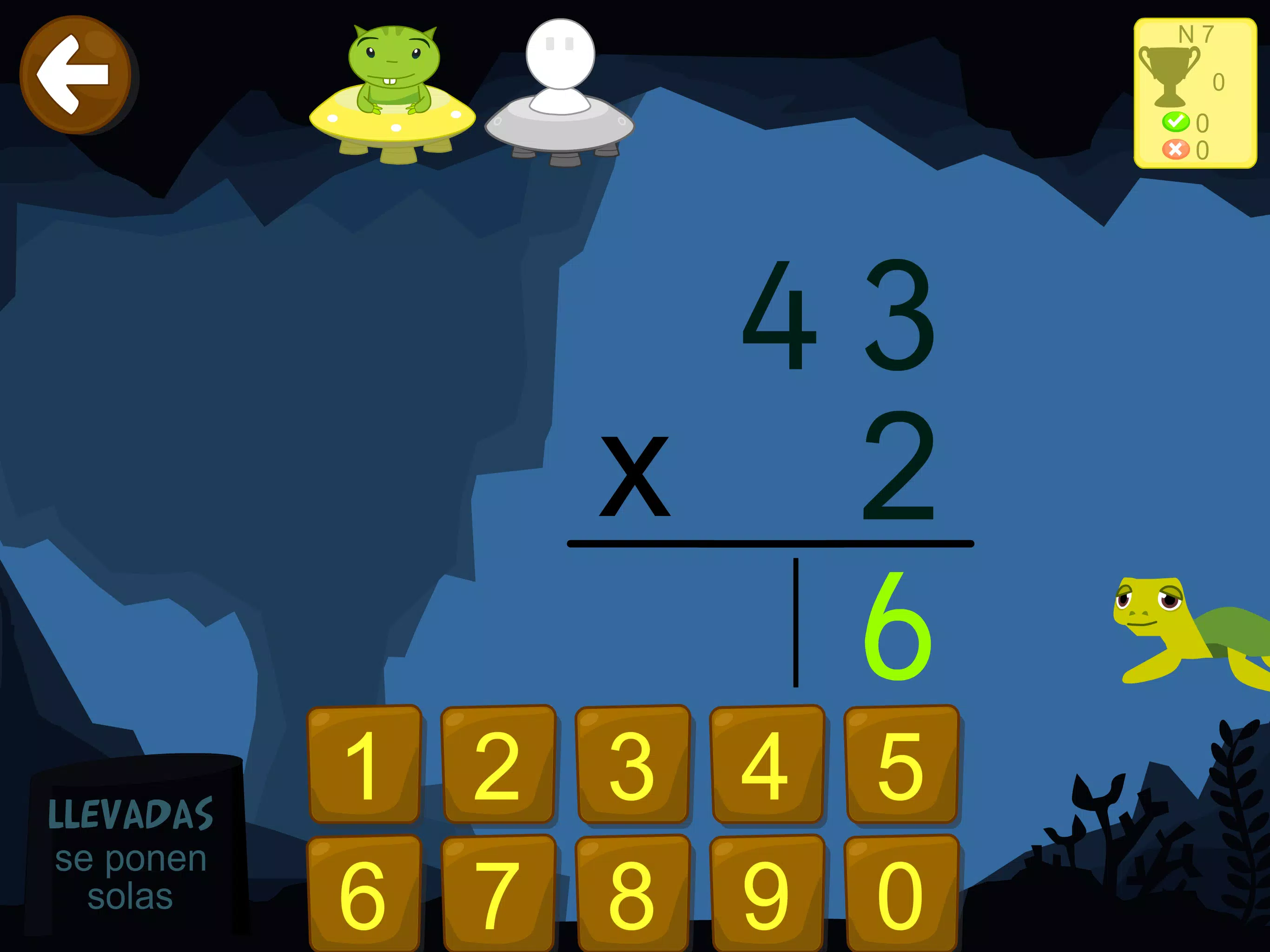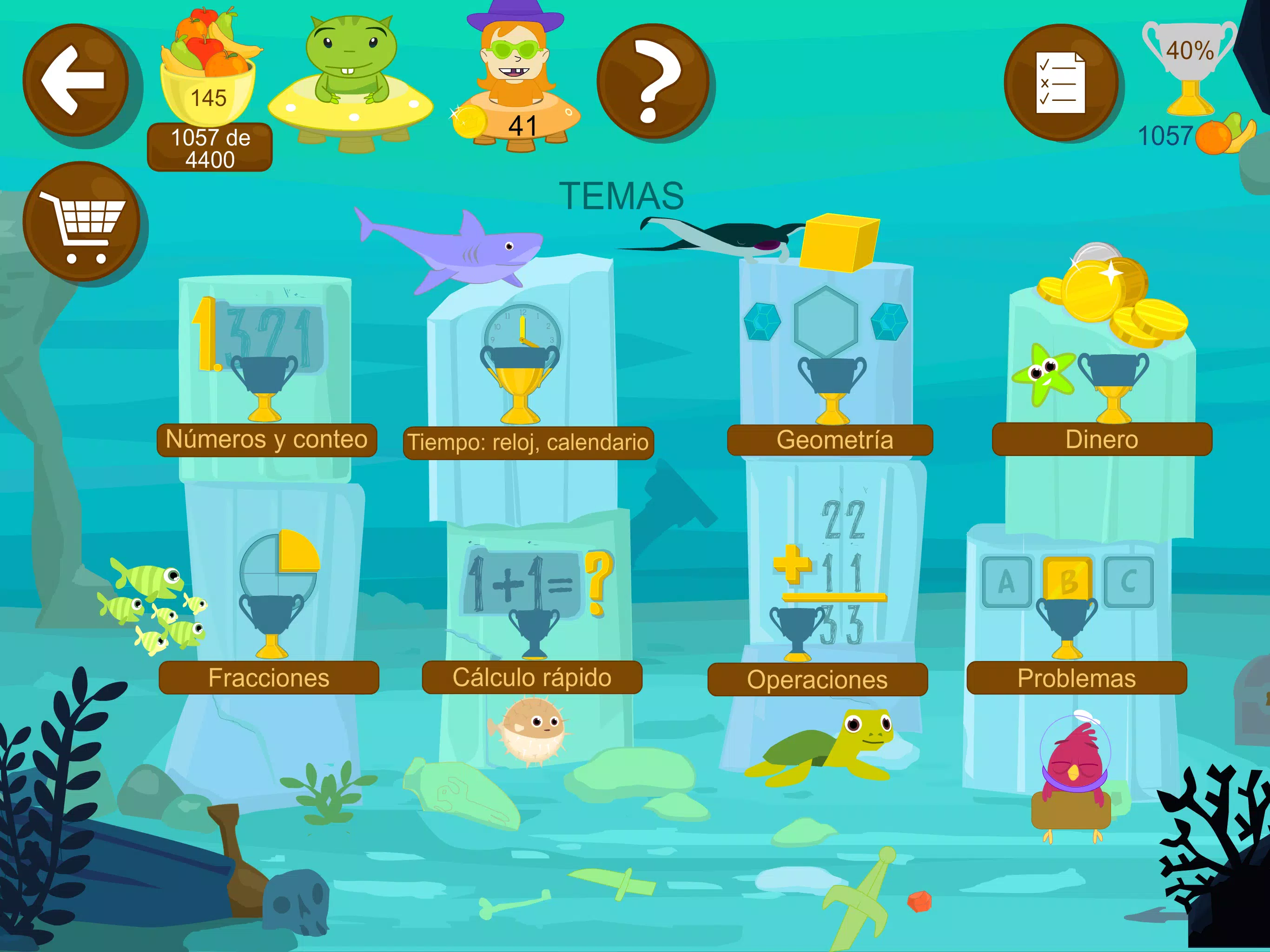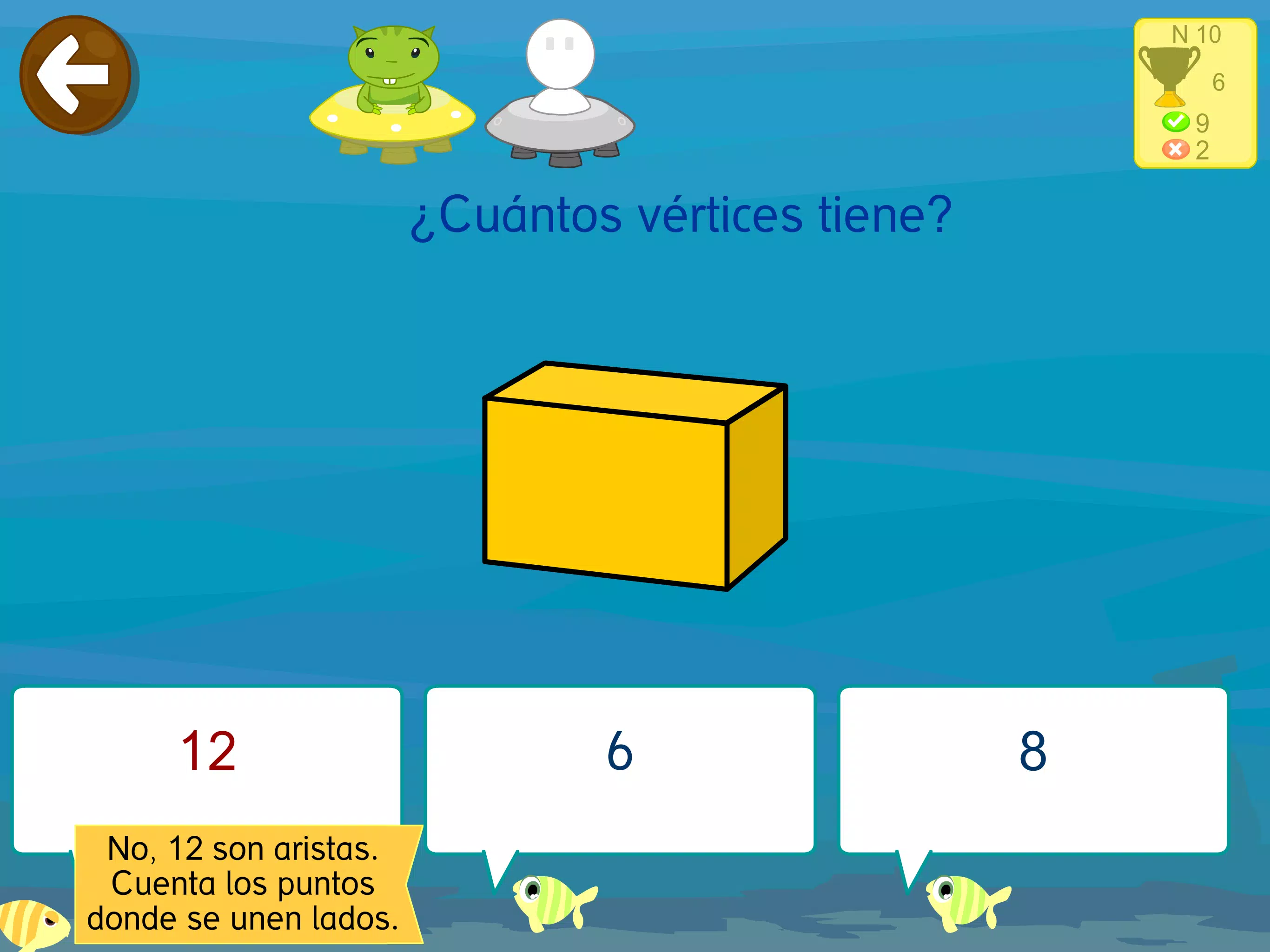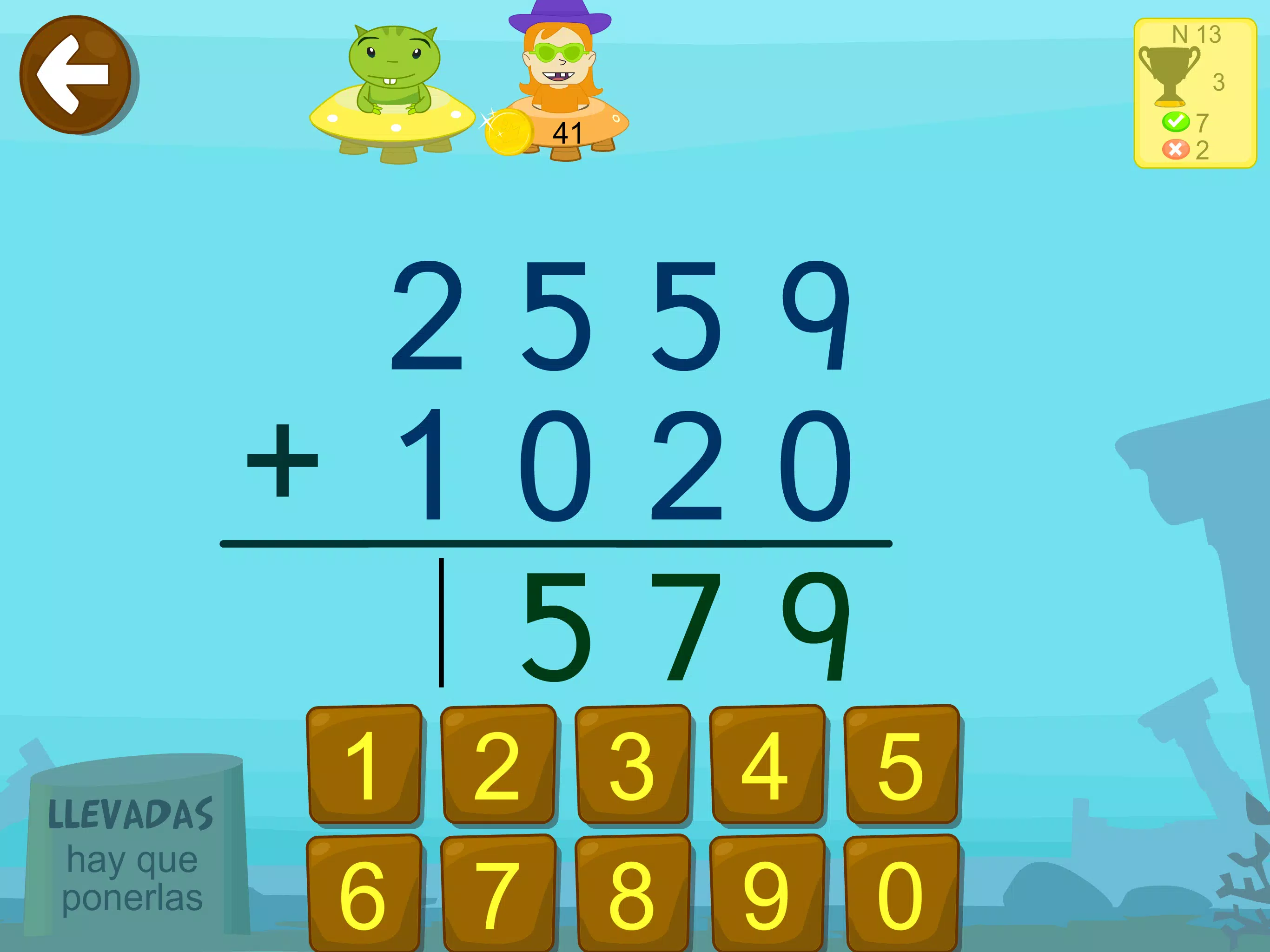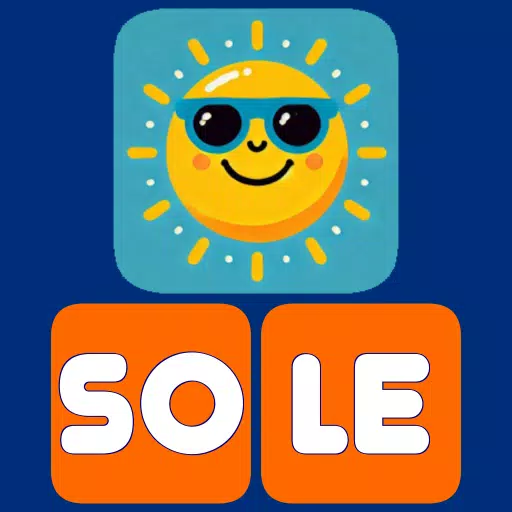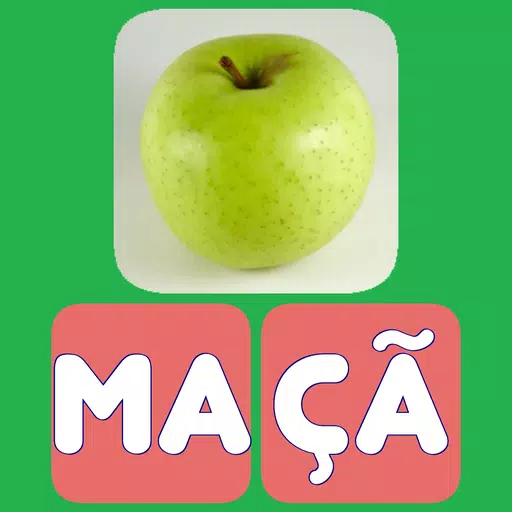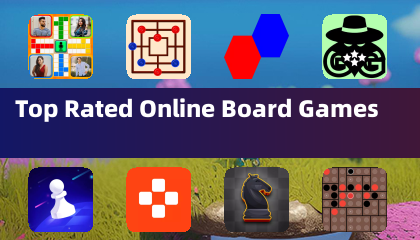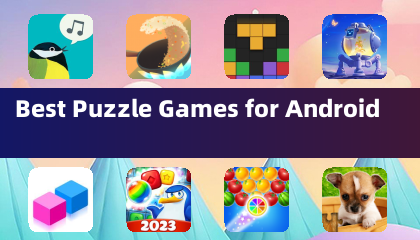Math with Grin 678 is an engaging educational tool designed for children aged 6 to 8, offering over 2000 exercises within an exciting underwater adventure. In this game, players join Pipo to solve a variety of math problems, earning fruits as rewards to feed their alien friends. As they explore underwater ruins, they'll enhance their math skills across several key areas.
NUMBERING CENTENAS AND THOUSANDS
- Identify numbers up to 100, hundreds, and thousands.
- Master complex number series.
- Understand the relationship between numbers and how to spell hundreds and thousands.
- Learn to compare numbers using greater than and less than symbols.
ADD AND SUBTRACT
- Practice mental calculation.
- Perform vertical operations with carrying.
- Solve text-based addition and subtraction problems.
MULTIPLY AND DIVIDE
- Learn and practice multiplication tables.
- Engage in mental calculation for multiplication and division.
- Carry out vertical operations.
- Solve text problems involving multiplication and division.
GEOMETRY
- Explore 2D polygons including squares, triangles, pentagons, hexagons, rectangles, heptagons, and octagons.
- Study 3D shapes, understanding their edges, vertices, and faces.
OBJECTS TO MEASURE
- Use a ruler for measurement exercises.
- Learn to read temperatures using a thermometer.
- Understand weight using a balance.
COINS AND BILLS
- Count Euros by adding coins and bills.
- Solve simple problems involving change.
THE WATCH AND THE CALENDAR
- Learn to tell time, including o'clock, half past, quarter past, and quarter to.
- Understand the calendar, including days of the week and months.
NAVIGATION MODES
- BY CONCEPTS - Recommended for a structured learning experience. Choose a specific concept to work on, and progress through levels of increasing difficulty. Each level is marked with an age icon for reference.
- BY AGES - Select your child's age to access age-appropriate content.
PARENT REPORTS
- Access a summary of recently played games, including scores and errors, from any menu.
We believe that early stimulation, when well-understood, is beneficial for all children, particularly those with special educational needs. It's important to remember that stimulation should be engaging, not forced. If an activity does not capture a child's interest, it's best not to insist.
For any questions or issues, reach out to us:
- Twitter: @educaplanet_es
- Facebook: https://www.facebook.com/educaplanet
- Email: [email protected]


